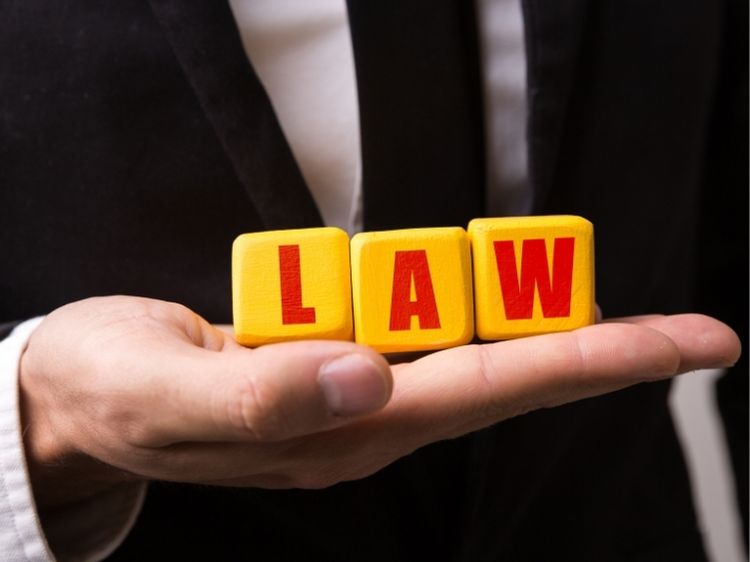What Is a Non-Compliance Recall?
Ever heard of a non-compliance recall and thought, “What does that mean for me?” Well, let’s break it down! A non-compliance recall occurs when a product or service fails to meet specific legal, regulatory, or safety standards. These recalls aim to protect consumers, ensure public safety, and maintain trust in industries ranging from automotive to food and electronics.
But here’s the kicker: non-compliance recalls can cost companies millions, tarnish reputations, and lead to legal consequences. So, understanding this topic is not just important—it’s essential.
What Triggers a Non-Compliance Recall?
Let’s dive into the nitty-gritty. Several factors can trigger a non-compliance recall, including:
- Regulatory Violations:
Products that don’t align with safety or quality standards set by governing bodies (like the FDA or EPA) often face recalls. - Defective Design or Manufacturing:
Think about cars with faulty airbags or toys with choking hazards. Defects like these frequently lead to recalls. - Mislabeled Products:
When labels misrepresent ingredients, instructions, or safety warnings, regulators step in. - Customer Complaints:
Sometimes, consumers themselves uncover issues, sparking investigations and recalls. - Audits or Inspections:
Routine checks by agencies can reveal non-compliance before consumers are affected.
Industries Most Affected by Non-Compliance Recalls
No industry is immune, but some sectors face recalls more often than others.
1. Automotive
Ever seen those headlines about car recalls? Faulty brakes, airbags, or emissions violations often top the list.
- Example: In 2023, a major car manufacturer recalled thousands of vehicles due to defective steering systems.
2. Food & Beverage
Food recalls often stem from contamination (like salmonella) or undeclared allergens.
- Example: A popular snack brand faced a recall after failing to list peanuts on its label.
3. Electronics
From exploding batteries to faulty wiring, electronics are a common culprit.
- Example: A smartphone company issued a recall after overheating devices caused safety hazards.
4. Pharmaceuticals
Drugs with incorrect dosages or unapproved ingredients frequently trigger recalls.
- Example: A batch of over-the-counter medication was recalled for containing higher-than-approved doses.
The Impacts of Non-Compliance Recalls
1. Financial Losses
Let’s not sugarcoat it—recalls are expensive! Between refunds, repairs, and lawsuits, companies can lose millions.
2. Reputation Damage
A single recall can tarnish years of brand-building efforts. Trust is hard to earn back.
3. Legal Ramifications
Failure to comply with recall regulations can result in hefty fines or even criminal charges.
4. Customer Inconvenience
Let’s not forget the consumers who have to return or replace products, causing frustration and loss of loyalty.
How to Prevent a Non-Compliance Recall
No company wants to end up in hot water, so here’s how businesses can stay ahead of the curve:
- Conduct Rigorous Testing:
Test products thoroughly before they hit the market. - Stay Updated on Regulations:
Laws and standards change—don’t get caught off guard. - Train Employees:
Educate your team about compliance and quality standards. - Use Quality Materials:
Cutting corners on materials often leads to defects. - Implement Audits:
Regularly audit production and supply chains to catch issues early.
Steps to Take During a Recall
If a recall does occur, swift action is key. Here’s a step-by-step guide:
- Notify Regulators:
Inform the appropriate regulatory agency about the issue. - Communicate with Customers:
Issue clear instructions on what steps consumers should take. - Offer Solutions:
Provide refunds, repairs, or replacements to affected customers. - Investigate and Fix the Problem:
Identify the root cause and implement changes to prevent future issues.
FAQs About Non-Compliance Recalls
- What is a non-compliance recall?
A non-compliance recall is a corrective action taken when a product fails to meet legal, safety, or quality standards. - Who oversees recalls?
Regulatory agencies like the FDA, EPA, or CPSC typically oversee recalls, depending on the industry. - Are companies legally required to issue recalls?
Yes, if a product poses safety risks or violates regulations, recalls are mandatory. - How can consumers check for recalls?
Most agencies provide online databases where consumers can search for recalls by product or brand. - What should I do if I own a recalled product?
Follow the company’s instructions, which often include returning the item or scheduling a repair.
The Takeaway
Non-compliance recalls are a critical part of maintaining safety and trust in today’s fast-paced, consumer-driven market. While they can be costly and damaging, they also serve as a reminder that quality and compliance should never take a backseat. Whether you’re a business owner, an industry professional, or a curious consumer, understanding the ins and outs of non-compliance recalls helps you stay informed and proactive.
Authoritative Links for Reference:
- www.fda.gov
- www.nhtsa.gov/recalls
- www.cpsc.gov
- www.epa.gov
